New Tech for Island Restoration: Sentinel Camera Traps
We're using a cutting-edge new tool to sense and detect animals in remote locations. Find out how!
Our new online shop is live!
Published on
April 6, 2018
Written by
Sara
Photo credit
Sara
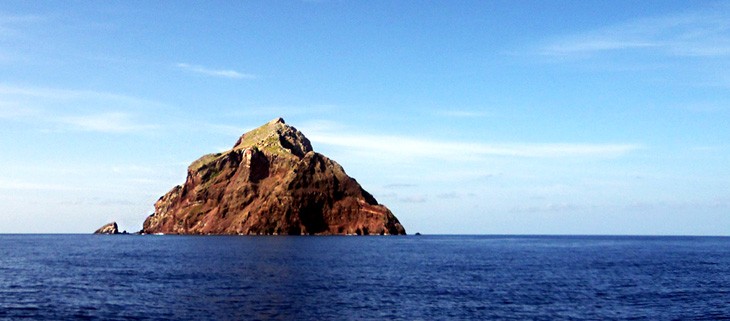
If you came across Redonda Island in the Caribbean, you probably wouldn’t think much of it. It looks like a giant, barren, good-for-nothing rock in the middle of the ocean. Maybe you’d double-take if you noticed some alarmingly skinny livestock wandering around.
But Redonda used to be a flourishing, small but vibrant ecosystem home to a variety of native plants and animals. So what happened?
Goats.
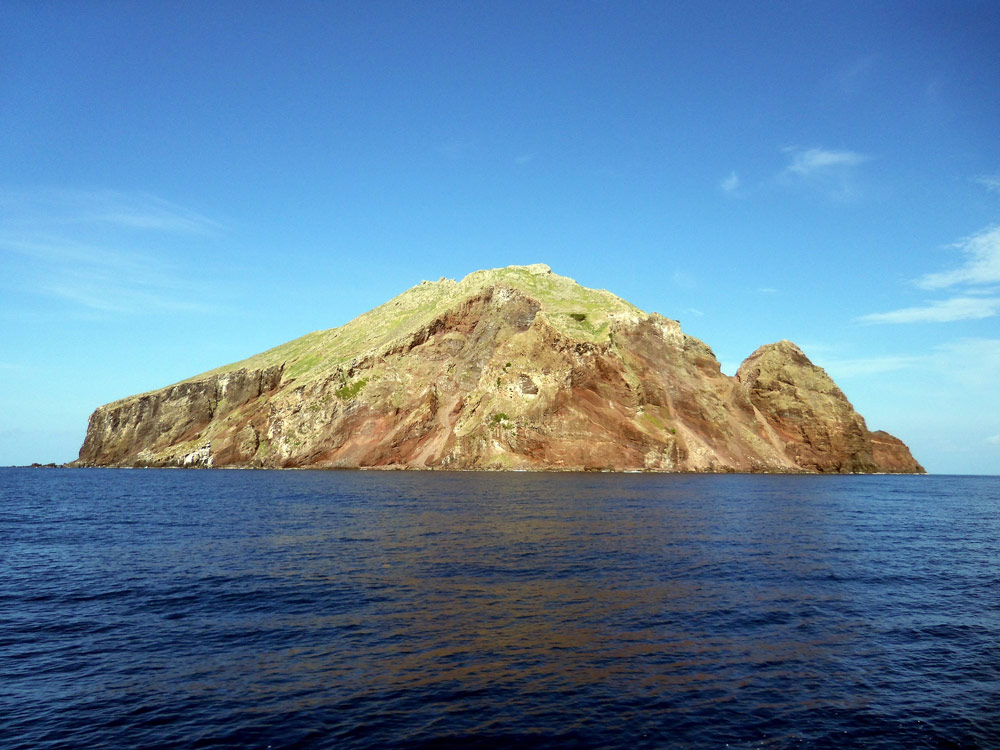
New research looks at goats on islands
A new scientific study published in Biological Invasions, “Long-term effects of feral goats (Capra hircus) on Mediterranean island communities: results from whole island manipulations” has emerged outlining the impacts of goats on Mediterranean island ecosystems. Goats that are introduced to island ecosystems will alter the natural environment by grazing native plants and trampling terrain. Invasive goats can cause a decline in soil quality and native plants, damage sensitive habitat, and disrupt food web dynamics. In fact, they have been identified as the 6th leading cause of species loss worldwide because of their impacts to vegetation.
On Redonda Island, the introduced goats ate up just about all of the island’s plants and proceeded to starve with no further food resources available. Luckily, conservation efforts are under way to save the goats and restore the island–but it’s no small task.
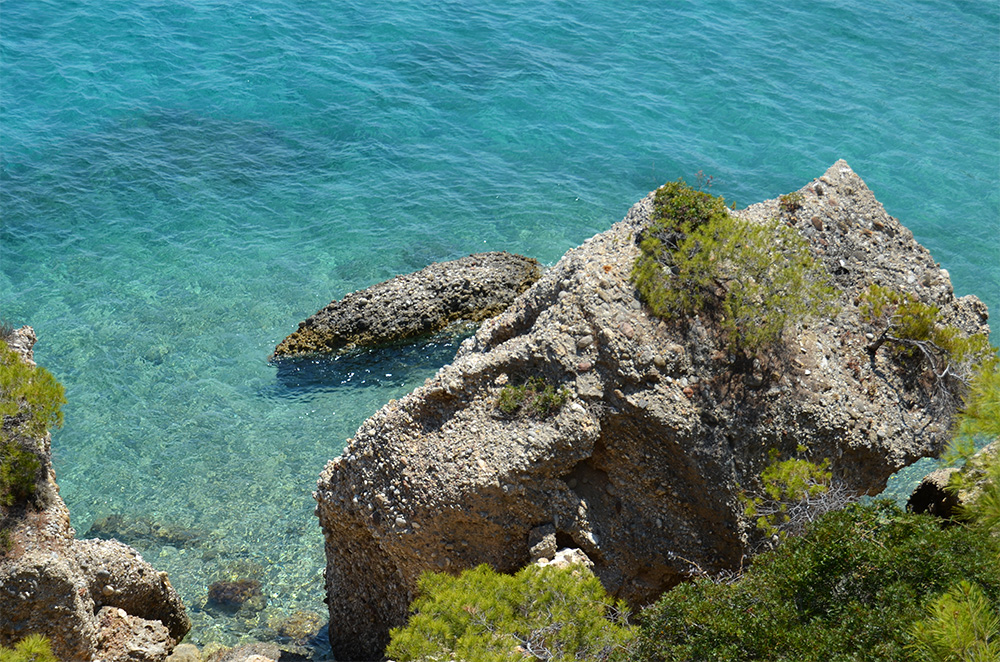
Why do goats pose a severe threat to island ecology?
Goats are very hardy and adaptable; they can eat tough plants—even plants with chemical defenses, require little water, have high reproduction rates, and can eat, well, a lot. To better understand and quantify the impacts of invasive goats on island ecosystems, the researchers studied 16 islands in the Aegean Sea, Greece, within a biodiversity hotspot home to variety of endemic plants (found nowhere else on Earth). They examined ecosystem changes before and after the removal of invasive goats.
Across a variety of scientific studies, goats have been found to:
After removing goats:
The study clearly demonstrates the damage invasive goats can cause on islands, and also indicates a need for continued conservation efforts—especially native vegetation restoration—on islands following their removal to support ecosystem recovery. To date, approximately 164 goat eradications have succeeded (DIISE 2015). However, how ecosystems respond to invasive goat removal varies, and more research is needed to understand how we can support native island plants and wildlife following conservation intervention.
Featured photo: Redonda Island, Carribean. Credit: Lauren Delizia
Check out other journal entries we think you might be interested in.
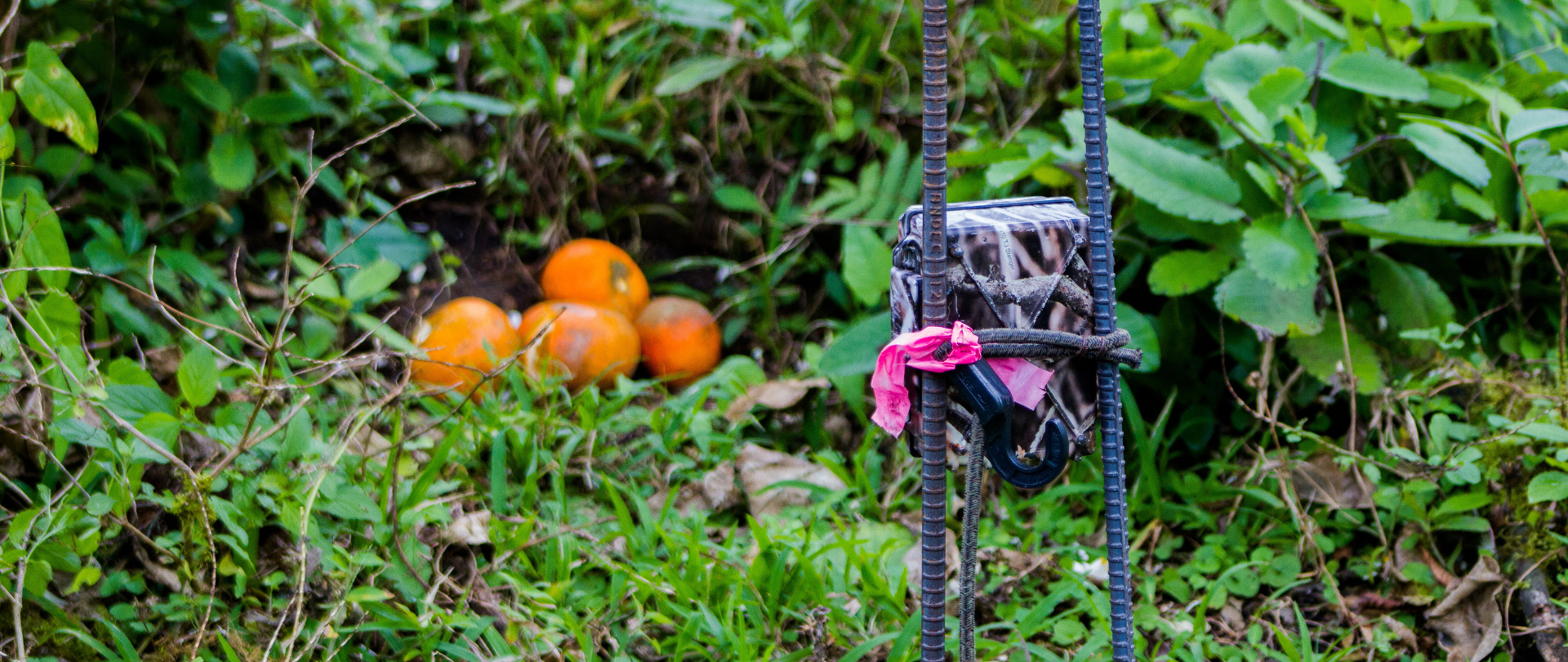
We're using a cutting-edge new tool to sense and detect animals in remote locations. Find out how!
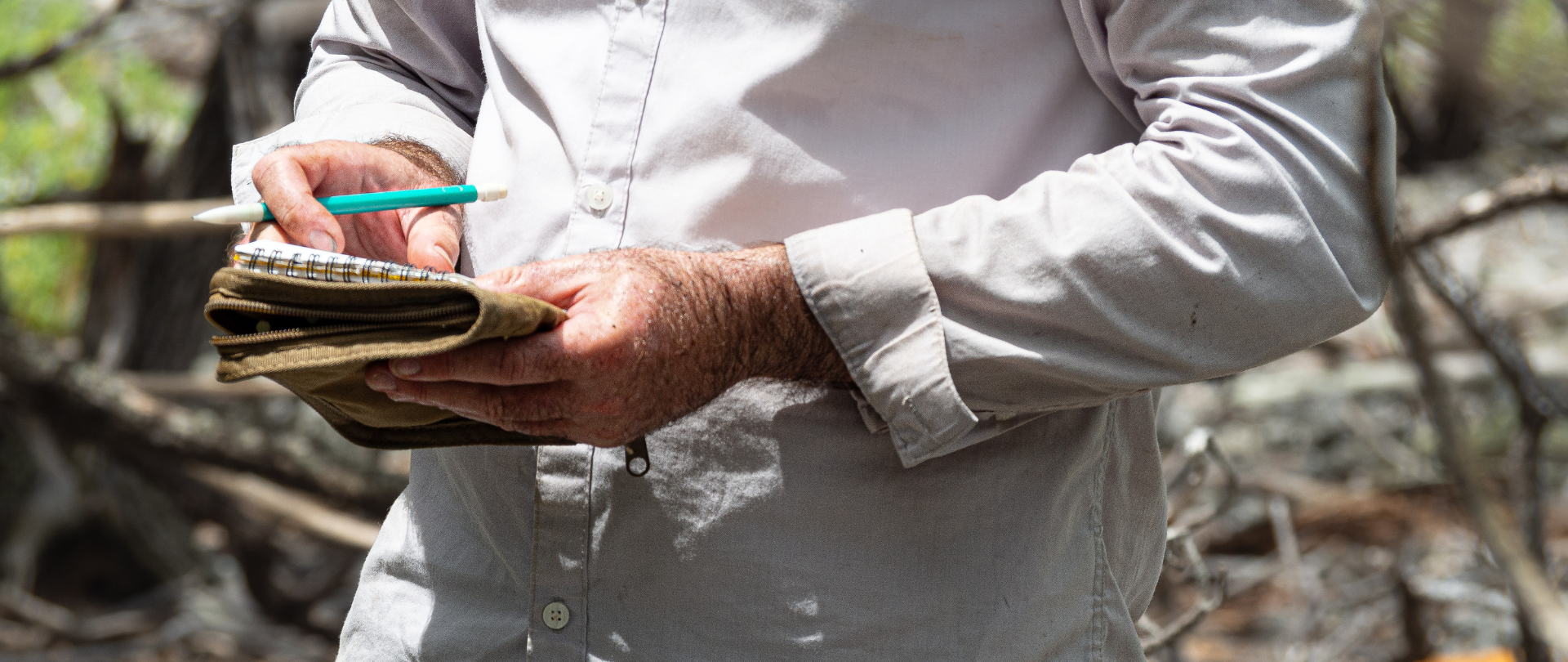
Groundbreaking research has the potential to transform the way we monitor invasive species on islands!

Ann Singeo, founder of our partner organization the Ebiil Society, shares her vision for a thriving Palau and a flourishing world of indigenous science!

This historic agreement aims to protect the marine and coastal areas of the Southeast Pacific.

Our projects to restore key islets in Nukufetau Atoll forecast climate resilience and community benefits in Tuvalu!

Island Conservation and partners have published a new paper quantifying ecosystem resilience on restored islands!

Climate Week NYC: what is it and why is it important? Read on to find out why Island Conservation is attending this amazing event!

With sea levels on the rise, how are the coastlines of islands transforming? Read on to find out how dynamic islands really are!

Join us in celebrating the most amazing sights from around the world by checking out these fantastic conservation photos!

Rare will support the effort to restore island-ocean ecosystems by engaging the Coastal 500 network of local leaders in safeguarding biodiversity (Arlington, VA, USA) Today, international conservation organization Rare announced it has joined the Island-Ocean Connection Challenge (IOCC), a global effort to…